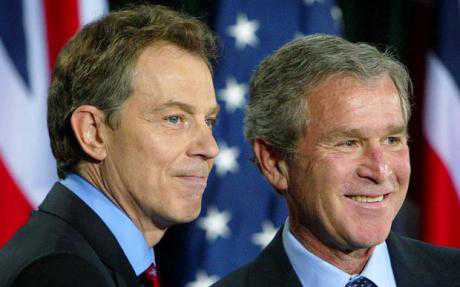‘Iran, Turkey can be flag bearers of nuclear disarmament’
Tehran Times Political Desk
TEHRAN — Iranian Foreign Minister Manouchehr Mottaki says that Iran and Turkey enjoy the potential to be the flag bearers of nuclear disarmament in the world.
Mottaki made the remarks in a meeting with Head of Turkish parliament’s Commission for Foreign Relations Murad Marjan in Tehran on Wednesday.
“Iran and Turkey can be the flag bearers of nuclear disarmament in the world so that we can have a world free of nuclear weapons,” Mottaki added.
He also said that Turkey has turned into one of the most influential countries in the region.
As two important regional countries, Iran and Turkey can make major moves through cooperation with each other, Mottaki noted.
Marjan, for his part, said that Iran and Turkey share many affinities and must further their cooperation.
The Turkish MP also expressed his country’s support for Iran’s right to peaceful nuclear activities and highlighted the importance of international nuclear disarmament.
‘Iran, Turkey can develop exemplary ties’
In another meeting, Marjan held talks with Iranian First Vice-President Mohammadreza Rahimi late on Wednesady.
In the meeting, Rahimi said that Iran and Turkey enjoy the potential to develop “exemplary” relations in the region and the world.
Tehran-Ankara relations are now at the highest level and increased parliamentary cooperation between the two countries would positively affect political and economic ties, he added.
Marjan, for his part, said that the Islamic Republic of Iran plays a significant role in promoting peace and security in the Middle East.
“All the regional countries must make attempts to improve and establish security and peace in the region,” the Turkish MP noted.
He also said that the Turkish parliament will do its best to increase relations between the two neighbors.
Marjan also held separate talks with Majlis Foreign Policy and National Security Committee Chairman Alaeddin Boroujerdi and Majlis Speaker Ali Larijani.




